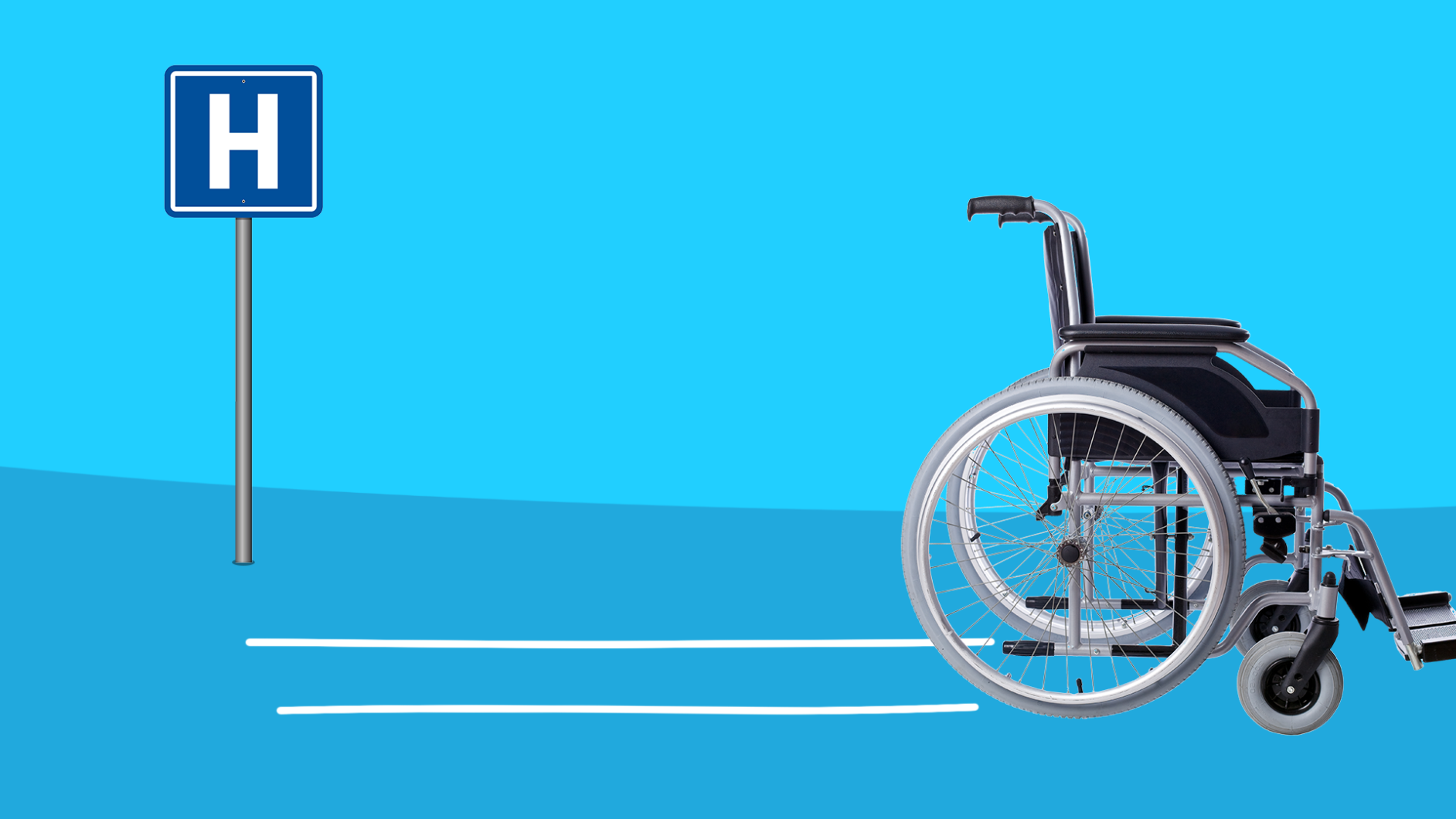Key takeaways
Before being discharged, patients should inquire about their current medical condition and any necessary clarifications.
It’s essential to know the details of any follow-up doctor appointments, including who to see, when, and how to get there.
Patients need to understand how to correctly take their medication and use any prescribed medical equipment at home.
Asking about potential warning signs of complications and how active one can be post-discharge is crucial for a safe recovery.
When you’re nearing the end of a hospital stay, you may only care about one thing: When will they let me leave? “All of a sudden, it hits you: I’m about to go home, and what am I going to do?” says Omar Durani, MD, a family medicine physician with Diamond Physicians in Dallas.
If you’re worried about your follow-up care, don’t fret. Here is what you need to know about being discharged from the hospital, plus what to ask your doctor before returning home.
What does it mean to be discharged from the hospital?
Typically, when you’re discharged from the hospital, a discharge planner or team will meet with you to go over the information you need before you go home. They’ll provide a set of hospital discharge papers to you, which will list all the procedures and treatments that you received during your hospital stay. But before you exit through those hospital doors, make sure you feel comfortable with the information they give you.
In fact, it’s a good idea to make a list of questions to ask your discharge planner before leaving the hospital. Consider writing down the answers you receive so you have notes to refer to later. You can always ask your spouse, a caregiver, or other family member to help you out with this task.
And don’t worry about being too inquisitive: “As a patient, it is important to not hold back,” Dr. Durani says.
8 questions to ask during your hospital discharge
Consider including these questions on your list:
1. What’s the status of my medical condition?
The discharge planner will probably give you a summary of the treatments or procedures you received, as well as an explanation for your current condition. But if you’re not sure you completely understand anything, ask for clarification before your hospital discharge.
2. When do I need to see a doctor again?
Many, if not most, people need a follow-up visit with a physician in the first few days or weeks after being discharged from the hospital. Find out which doctor you need to see and make sure you have an appointment scheduled. “Ask the hospital staff to assist in making these appointments,” advises Judith R. Sands, RN, author of Home Hospice Navigation: The Caregiver’s Guide.
3. How do I get to my appointment?
After you have a follow-up appointment set up, you need a plan to get there. If you’re living alone or have mobility issues, speak with your discharge team about these concerns. They will most likely have a case manager or social worker coordinate transportation for you.
4. What should I know about taking medication when I get home?
Your nurse or other discharge planner should provide you an updated list of medications before you leave. It’s part of the medication reconciliation process. It should be very clear which meds you should be taking (or should stop taking), when to take them, and specific dosage amounts. But if it’s not, or if you have questions, speak up. It’s very important that you take your medications as prescribed. As gynecologist and surgeon Ann Peters, MD, explains: you could face potentially dangerous side effects if you don’t know how to take prescriptions correctly. “Written instructions can be particularly useful in helping reduce these medical errors,” she says.
5. How do I use this equipment?
If you will need a wheelchair, walker, sleep apnea machine, or other type of durable medical equipment at home, be sure to ask about both procuring it and using it. Some hospitals will make arrangements to deliver the equipment to you before discharge, explains Sands. Before you leave, ask a nurse or other care team member to show you how to use it correctly.
6. What are the warning signs that something’s wrong?
You may get home and wonder if what you’re experiencing is a normal part of the recovery process or a cause for concern. Ask for a list of warning signs that merit a call to your doctor, or maybe even a visit to the emergency department. Then you’ll know what to watch out for. You might also ask for a list of adverse reactions to any medications you’re taking, suggests Annamarie Bondi Stoddard, managing partner with Pegalis Law Group, LLC.
7. How active can I be?
Whether you’re in the hospital for a sickness or surgery, you’re probably exhausted and the last thing on your mind is being active immediately. But this question might arise after you’re home for a few days and start feeling better. So, it’s good to ask ahead of time. “You might wonder, ‘Is it safe for me to get up and walk around?’,” says Dr. Durani. Ask! Find out when it will likely be okay for you to do things like take a short walk, go to the grocery store, or even be intimate with a partner.
8. I don’t understand…
Ask about anything else that seems confusing or unclear, no matter how small or insignificant it may seem. You just went through a stressful event, and received a great deal of information. It’s okay if you need a little extra explanation or clarification.




